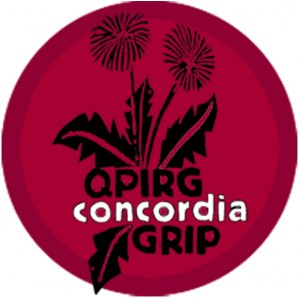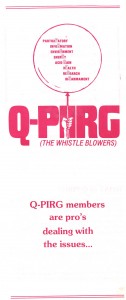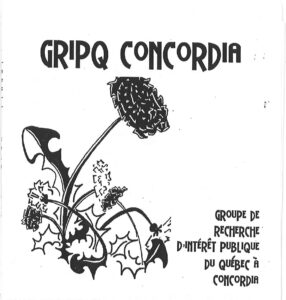QPIRG Mandate
The Quebec Public Interest Research Group at Concordia is a resource centre for student and community research and organizing. We strive to raise awareness and support grassroots activism around diverse social and environmental issues. Our work is rooted in an anti-oppression analysis and practice. We seek to make campus-community links and inspire social change through engaging, inclusive and non-hierarchical approaches.
QPIRG Concordia is committed to being inclusive and accessible to all. We are actively opposed to all forms of discrimination and oppression. QPIRG is a volunteer-driven, student-funded, non-profit organization that is independent from the Concordia administration and student unions. Both students and community members are welcome to make use of our space and resources as well as participate in QPIRG projects.
QPIRG History

The Quebec Public Interest Research Group (QPIRG) at Concordia has been an important link between campus and the community on issues related to social and environmental justice and progressive social change. From their origins in Canada in the early 1980s, PIRGs have provided a forum and training ground for students and non-students alike to become critical and engaged community participants.
QPIRG at Concordia started in 1981 as a club funded by the student union. QPIRG’s popularity grew until a student referendum in 1989 determined that QPIRG would be funded by a student fee levy. In 2010, Concordia graduate students voted in a referendum to become members of QPIRG Concordia as well. QPIRG Concordia is an autonomous group on the Concordia campus, with both student and community membership.
In the 1980s and ’90s, QPIRG, like other campus-based social justice groups, was active in solidarity with human rights movements in Central America, campaigns for nuclear disarmament and global peace, opposition to apartheid in South Africa, feminist and anti-racist organizing, GLBT rights, consumer activism, and environmental justice.

Some of the projects and activity of QPIRG in the 1980s and ’90s is reflected in the working groups and projects that grew out of QPIRG, including: Right to Move/La Voie Libre; the Popular Film Series (evolved into Cinema Politica); Urgence Manif; Sustainable Concordia; Blood Sisters; Un Juste Café; Santropol Roulant; the Concordia Recycling and Composting Committee; the Vegan Lunch Program (became the People’s Potato); Project Take Root (evolved into the Frigo Vert); Action Rebut; ASEED (became Equiterre); and others.
In the late 1990s, QPIRG, like other PIRGs, was active in solidarity with international self-determination and liberation movements, from Latin America to the Middle East to South Asia. This period was also marked by increasing involvement and support with indigenous sovereignty efforts on Turtle Island.
QPIRG contributed to the growing global justice movement of this period, and was associated with demonstrations and popular education work around institutions like the World Trade Organization (WTO) and the Free Trade Area of the Americas (FTAA). Our programming and working groups also increasingly reflected queer, prisoner solidarity, migrant justice, and trans struggles and self-organizing.
QPIRG Concordia has evolved from its original mandate and projects to include a wide range of community activism and research, rooted in an explicit grassroots, anti-oppression organizing framework and prioritizing consensus-based decision-making. This is reflected in QPIRG’s current working groups, our core projects and publications, and our resource library as well as our support for campus and community groups through co-sponsorships, endorsements, and discretionary funding.

In the past five years, QPIRG has specifically developed a community-based social justice research model through core projects like Study in Action, the Community-University Research Exchange (CURE), and the Convergence Research Journal.
PIRGs were set up as consumer advocacy groups in the United States in the early 1970s, but PIRGs in Canada have operated on a different model. They involve and empower students and the majority of their funding comes directly from students, unlike the NGO model of PIRGs currently operating in the US. Most PIRGs in Canada operate on a consensus decision-making model, and are directed by a volunteer board of governors composed of students and other community members. The diversity among PIRGs reflects the diversity of each group’s membership and volunteer board. PIRGs in Canada communicate with each other, especially PIRGs in geographical proximity, but they are ultimately autonomous organizations that are directly accountable to their campus and community memberships.
In essence, PIRGs complement the university experience by linking theory with practice while breaking down barriers and creating links between knowledge work on campus and in the community.
